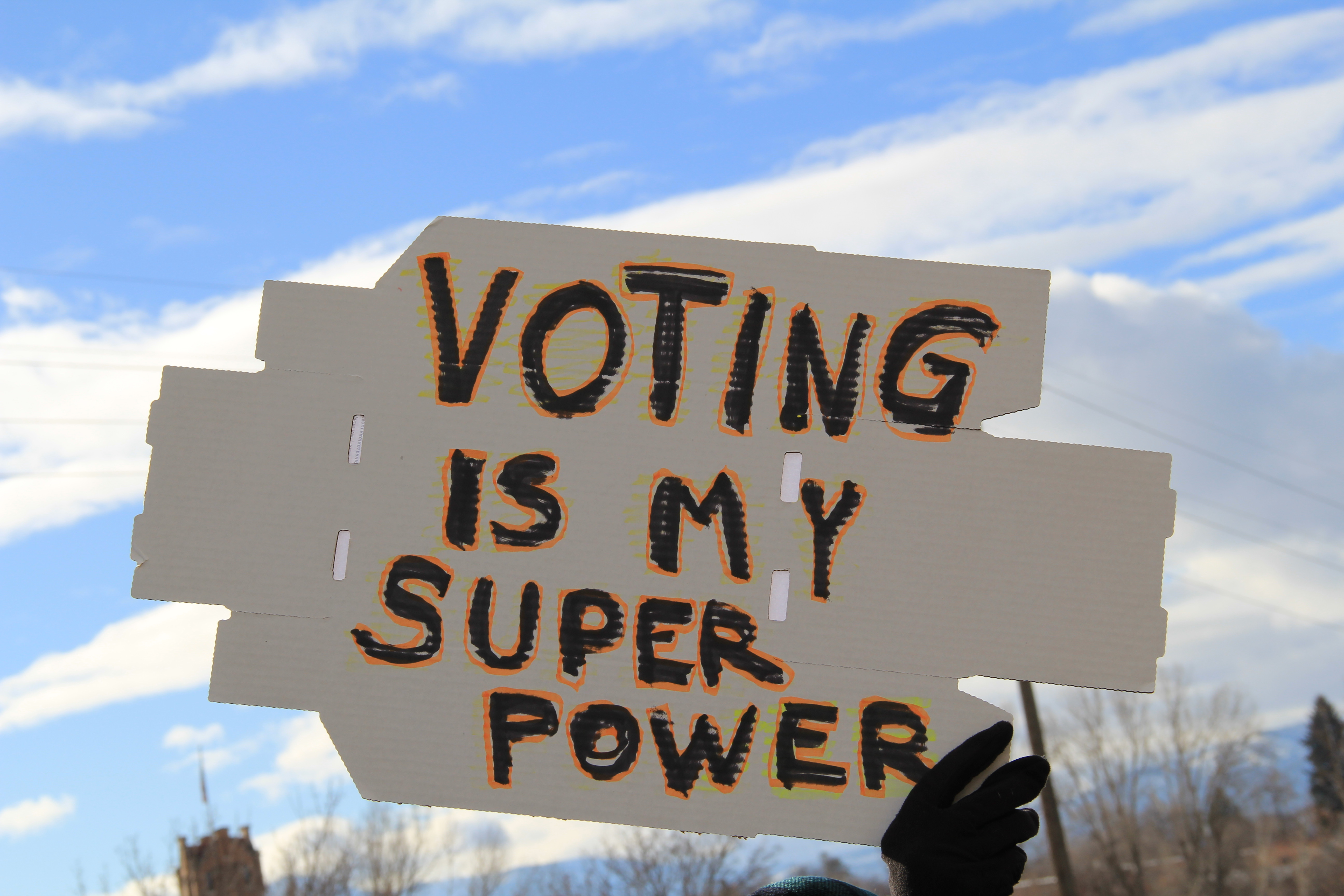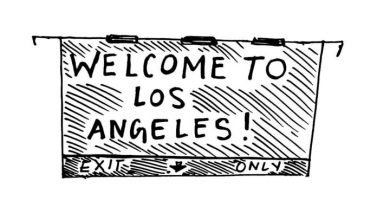To Vote or Not to Vote

Image Courtesy of 2018 Women’s March in Missoula, Montana. Via Wikicommons C.C 4.0
“To vote or not to vote” is the popular argument that arises cyclically with every election, big or small. Voting is a nuanced and complicated topic, and no one is sure if there is a comprehensive ‘correct’ answer which takes into account all of the different experiences of various demographics in America. It is important to first state that the United States government is an illegitimate system developed on stolen land and exploited labor. This fact alone is the backbone of many arguments that disputes voting.
To really understand the debate of “voting-or-not-voting,” it is important to consider the historical implications of voting in America. Who was voting created for? Many demographics such as women, Black people, Indigenous people, immigrants, and many others have been historically denied the ‘right’ to vote, while cisgender, white, land owning men have always been granted the right to vote. Voter suppression has been rampant in spaces that are supposedly progressive. For example, restrictive voting laws that have been in place for years prevent folks from voting due to lack of ID, inaccessible polling areas, and more.
It is undeniable that voting holds power – otherwise it would not be denied to so many demographics. Voting does hold premise for serious change, however, much of the matters that are up for a vote, shouldn’t be up for a vote. Reproductive justice and someone’s right to choose what happens to their body shouldn’t be up for a vote because it should be an intrinsic right. Undocumented individuals shouldn’t have their livelihoods up for a vote because the right to life should be intrinsic. Similarly, Indigenous people shouldn’t have to vote and uphold a system that was developed oppress them and undermine their agency.
All of these examples are used to drive home the fact that the United States’ ‘democracy’ is a mixture of oppressive systems, and historically, voting has been a vehicle of oppression. Voting, in the context of today’s “progressive” audience, has transformed into a form of a savior complex. Voting because you “feel bad” for people who are oppressed is not a productive way to exact true systematic change. Community organizing, and grassroots organizing has been doing much of the work that people who vote claim to do. Just voting will not rid us of white supremacy. We cannot vote away capitalism. Doing the work that needs to be done for true liberation is beyond the scope of voting every four to eight years.
On the other hand, those who vote argue that voting offers real life solutions to the problems that we have. For example, problems that plague our society today can be brought to the forefront by voting on the issue. The issue of building more roads, putting more money into schools and communities are examples of issues that voting can tackle right now. Although it’s important to recognize that voting will not rid us of structural issues, it is a source of real change in certain areas.
There are problems on both sides of this argument. Folks on one side of the spectrum do not see the changes that voting has exacted as valid, because they argue the entire system is illegitimate and violent. Folks on the affirmative side of the spectrum see voting as the end all be all solution. Both perspectives don’t view voting with as much nuance as it deserves. Being disillusioned with the system at hand is a valid reason to question the importance of voting. However, voting will not take anything away from you. There is nothing to lose from voting, but there is something to lose from allowing others to vote for you. There is something to lose in allowing others with conservative, white supremacist ideals control the narrative. The 2018 midterm elections are here. It’s important to put down your opinions on whether or not voting in the long run is an effective vehicle for change and vote anyway. Vote now for the policies and politicians that align as close as possible to your values. Debate the value of voting later.




